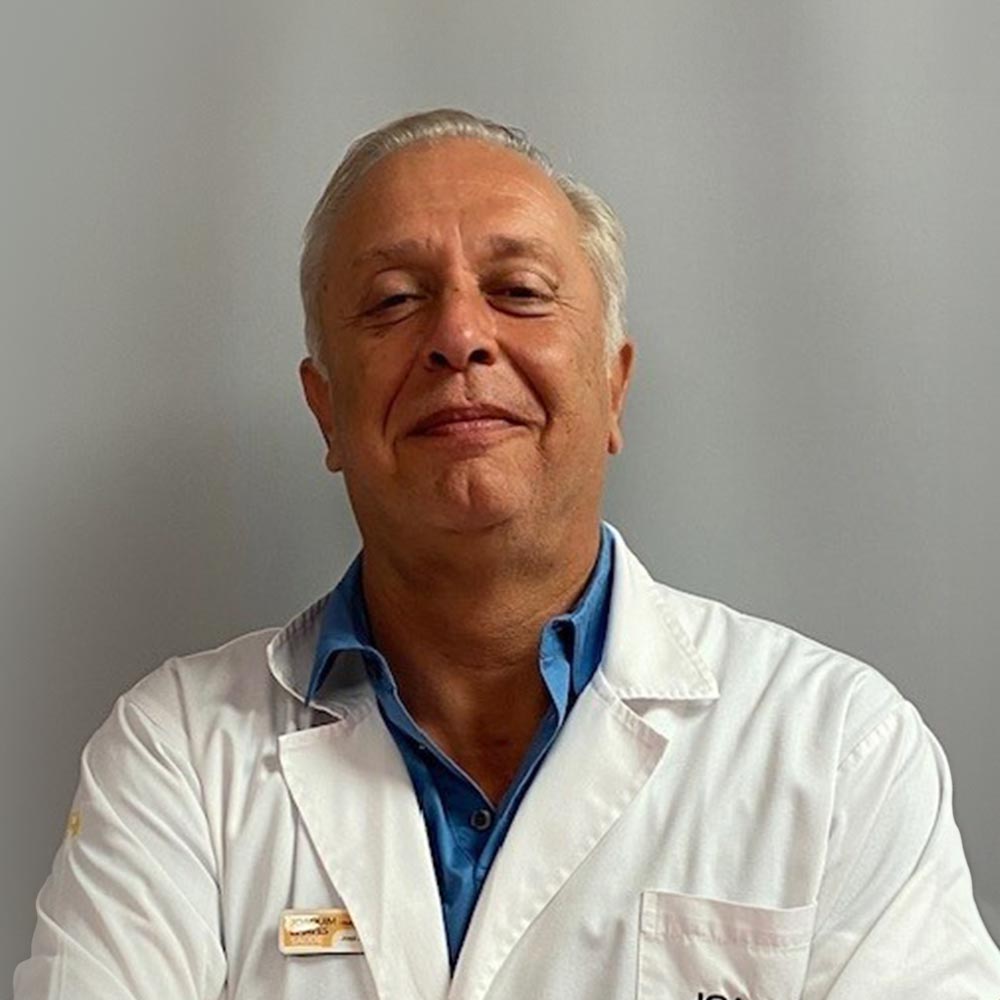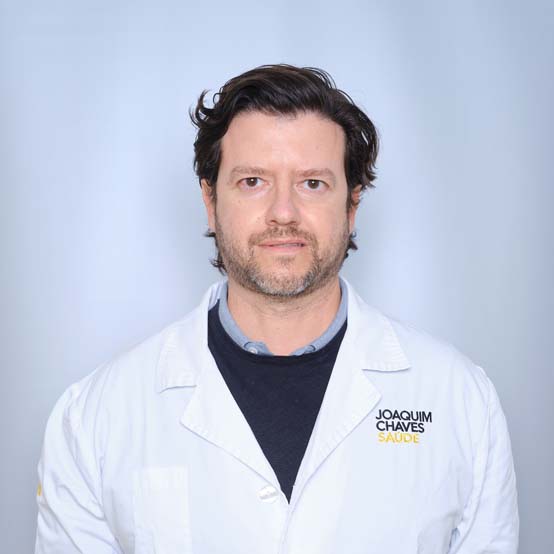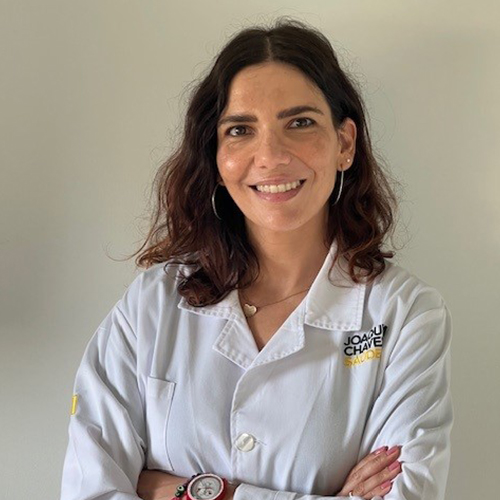Cataract surgery is a quick and effective surgical procedure. Find out what it consists of, what are the advantages and the precautions to be taken.
A cataract is an opacification of the eye's natural lens. Find out what this problem is, what the causes and symptoms are, what happens during surgery and what to expect post-op.
What is cataract and what are the symptoms?
A cataract is the congenital or degenerative opacification of the eye's natural lens - the crystalline, which is primarily responsible for the ability to focus close-up images, as if it were a zoom. The main symptom of cataracts is slow, gradual and painless loss of vision, loss of contrast and glare (halos and starbursts around lights). The only treatment is surgical, done by removing the lens and placing an intraocular lens in its place.
What causes Catarats?
Cataracts are the leading cause of treatable blindness worldwide. From the age of 65, about 20% of people develop cataracts, with the probability increasing to 50% after the age of 75.
They are the main preventable cause of blindness in the world and, in Portugal, there are about 200,000 people with signs and symptoms of cataract.
What are the risk factors for cataracts?
The main risk factors are excessive exposure to ultraviolet light, smoking, malnutrition, excessive use of corticosteroids and certain systemic diseases such as diabetes.
What types of cataracts are there?
There are different types of cataracts, with senile cataracts being the most common and related to aging. Other less frequent types are congenital cataract and traumatic cataract.
The ophthalmologist, based on the tests performed, decides together with the patient the need and timing of operating the cataract.
How long does the cataract operation take?
Cataract surgery is one of the most advanced techniques in the world and Portugal is no exception. This procedure takes an average of 30 minutes, but can take up to 2 hours, depending on the technique the ophthalmologist chooses to use.
What is the most common cataract operation procedure?
The most common procedure is phacoemulsification or FACO. In this procedure, local anesthesia is used, so the patient does not feel pain during the surgery. The lens, which is opacified, is dissolved by ultrasound and then removed into several small pieces. It usually does not require stitches, which allows for quick recovery of vision.
What is the success rate of this surgery?
The success rate of the surgery is quite high and complications are extremely rare. However, an increase in intraocular pressure and corneal edema (swelling), which is usually transient, can happen immediately after surgery.
Infections are rare and occur in one in 1000 surgeries. Another rare complication is retinal detachment.
What to expect after cataract surgery?
The postoperative period is generally free of complications and it is possible to return home immediately after the surgery, without the need for hospitalization.
The following week, with proper care, you will be able to carry out most of your day-to-day tasks. In addition to rapid recovery, convalescence is quite short, making recovery time reduced, especially using the FACO or laser technique.
Still, some post-operative care is necessary to avoid complications:
- Use eye drops as indicated by the ophthalmologist, in order to avoid infections or inflammation;
- Rest during the first day after surgery;
- Protect the eyes to sleep on the first day, with an acrylic protector.
- Do not sleep on the side of the operated eye in the first week;
- Avoid prolonged near vision activities in the first week (such as using a cell phone or computer);
- Avoid bathing in the sea, swimming pool, river, lake or lagoon for 30 days;
- Avoid doing sports or risky activities in the first 4 weeks;
- Avoid using make-up in the first month.
Why choose Joaquim Chaves Saúde for cataract surgery?
At Joaquim Chaves Saúde Medical Clinics, you will find an experienced team of specialists in Ophthalmology. Meet our complete ophthalmology team.
Joaquim Chaves Saúde works with the main insurance companies, such as Médis, Multicare, Tranquilidade or AdvanceCare. Additionally, we have agreements with numerous companies and institutions. Discover the complete list of partnerships at the clinic closest to you.
At Joaquim Chaves Saúde you will find a team of experienced professionals and state-of-the-art facilities prepared for cataract surgery. Book your appointment digitally.






